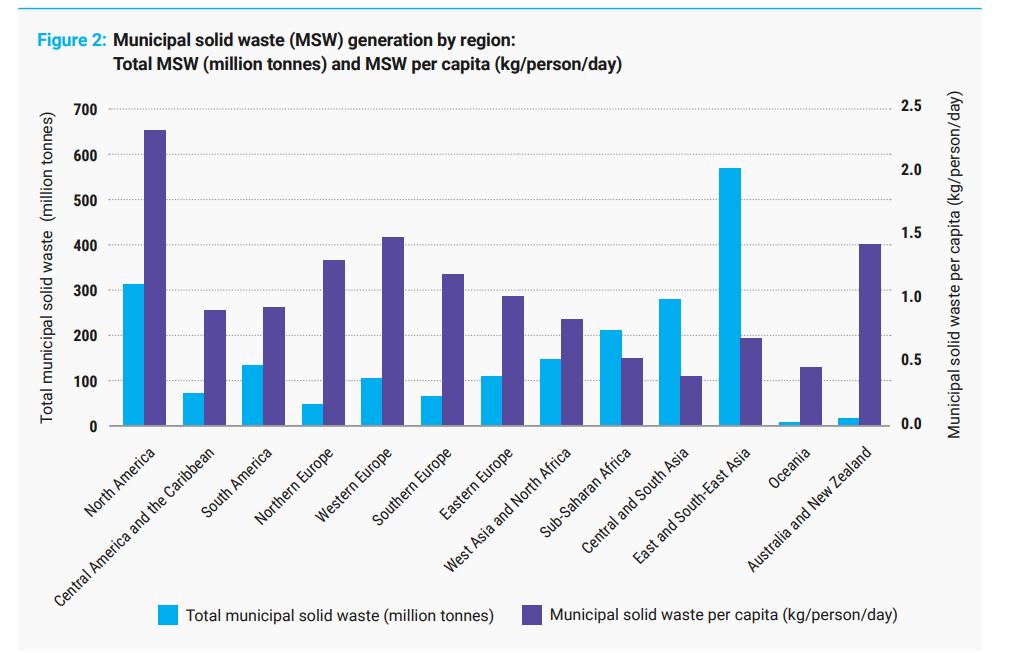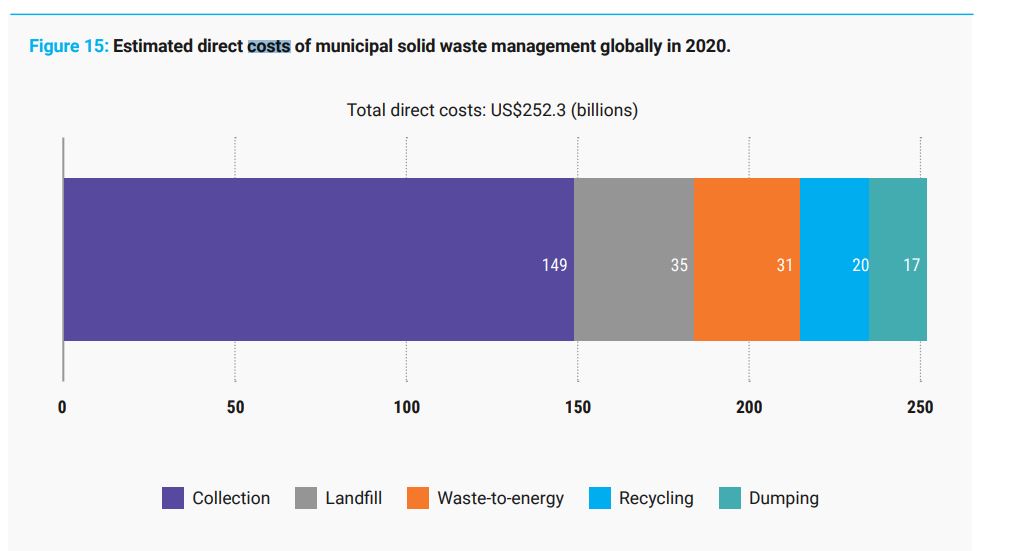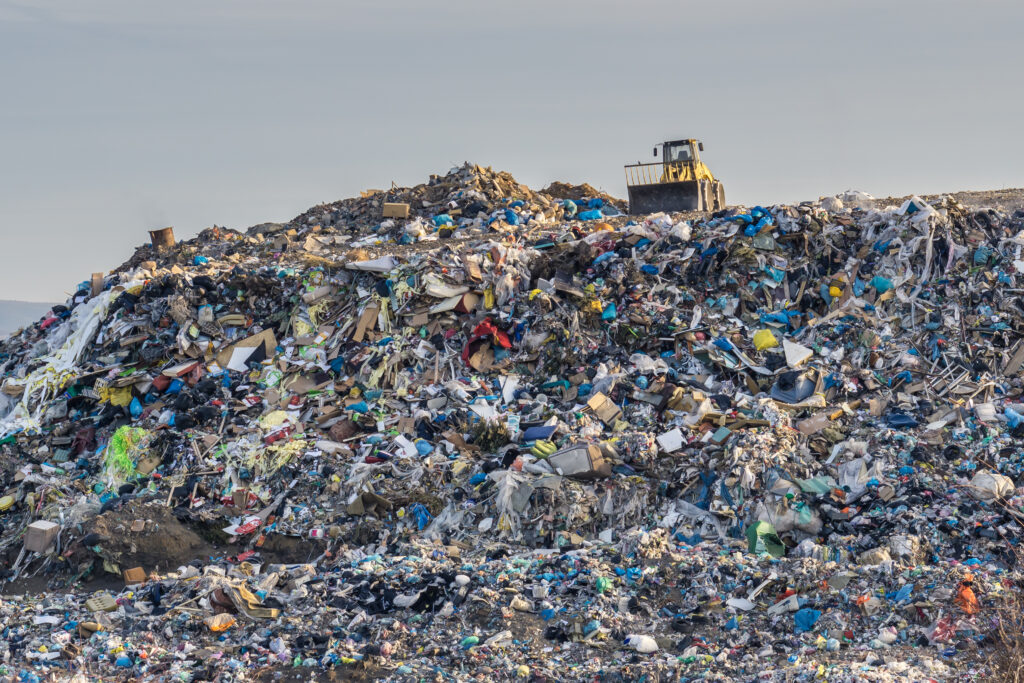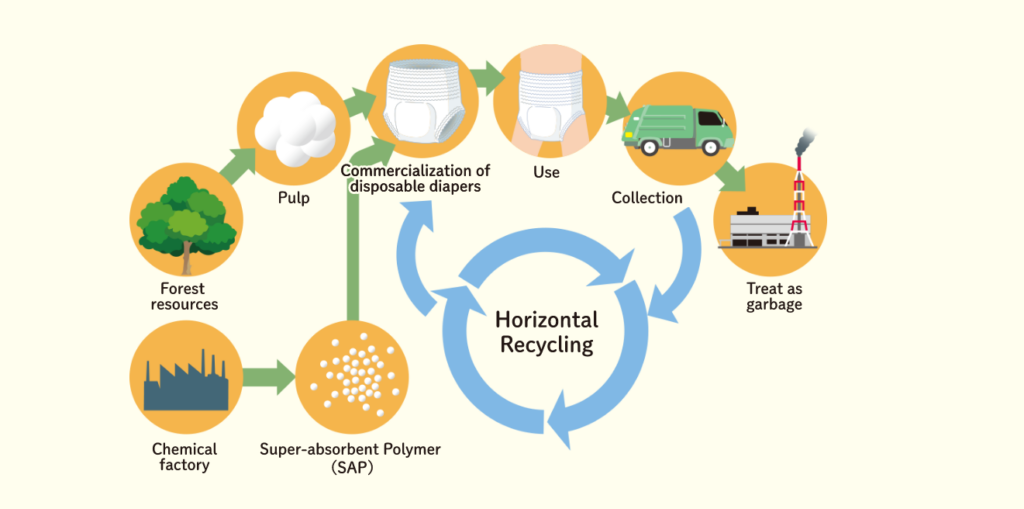Published last week (28 February) the report from the organisation warns that as populations and economies grow, particularly in Central and South Asia and Sub-Saharan Africa, waste generation is already outpacing the capacity to manage it.
The report outlined that there is a need to develop strategies to “decouple economic growth from resource consumption and waste generation”.
The group also points to the “urgent need for greater waste management capacity, especially in countries already struggling to collect and manage waste”.
‘Urgent action’
It estimated that almost 2.1 billion tonnes of municipal waste was generated globally.
Inger Andersen, UNEP’s executive director said: “Waste generation is intrinsically tied to GDP, and many fast-growing economies are struggling under the burden of rapid waste growth. By identifying actionable steps to a more resourceful future and emphasising the pivotal role of decision-makers in the public and private sectors to move towards zero waste, this Global Waste Management Outlook can support governments seeking to prevent missed opportunities to create more sustainable societies and to secure a liveable planet for future generations.”

Costs
According to the report implementing waste prevention and management measures to bring waste under control by 2050 could constrain net annual costs to $270.2 billion (£213 billion).
However, the forecasts indicate that embracing a circular economy model, characterised by the separation of waste generation from economic growth through the adoption of waste avoidance, sustainable business practices, and comprehensive waste management, has the potential to result in a net gain of $108.5 billion per year.
Carlos Silva Filho, ISWA’s president said: “The GWMO 2024 is a guide and call for action to catalyse collective efforts to support bold and transformative solutions, revert the adverse impacts of current waste management practices, and provide clear benefits to every individual living on this planet. These actions are instrumental to accelerating the achievement of the 2030 Agenda. As a partner and supporter of the GWMO since its inception, ISWA will ensure it is now disseminated and implemented on the ground by providing the support needed to address the challenges currently observed.”

Collaboration
The report highlighted that a “key method” that can be used to solve the “waste crisis” is the collaboration between institutional donors, non-governmental organisations, national and municipal governments, the private sector (including small- and medium-sized enterprises), and informal economy workers.
It added that the “waste problem” requires active participation and investment from the private sector, emphasising the role of product designers and manufacturers in influencing waste generation.
Additionally, the report explained that effective waste management systems demand behavioural changes in households, posing challenges further compounded by factors such as global oil prices, market values of recyclable materials, and geopolitical instability, all which impact waste management business plans.










Subscribe for free